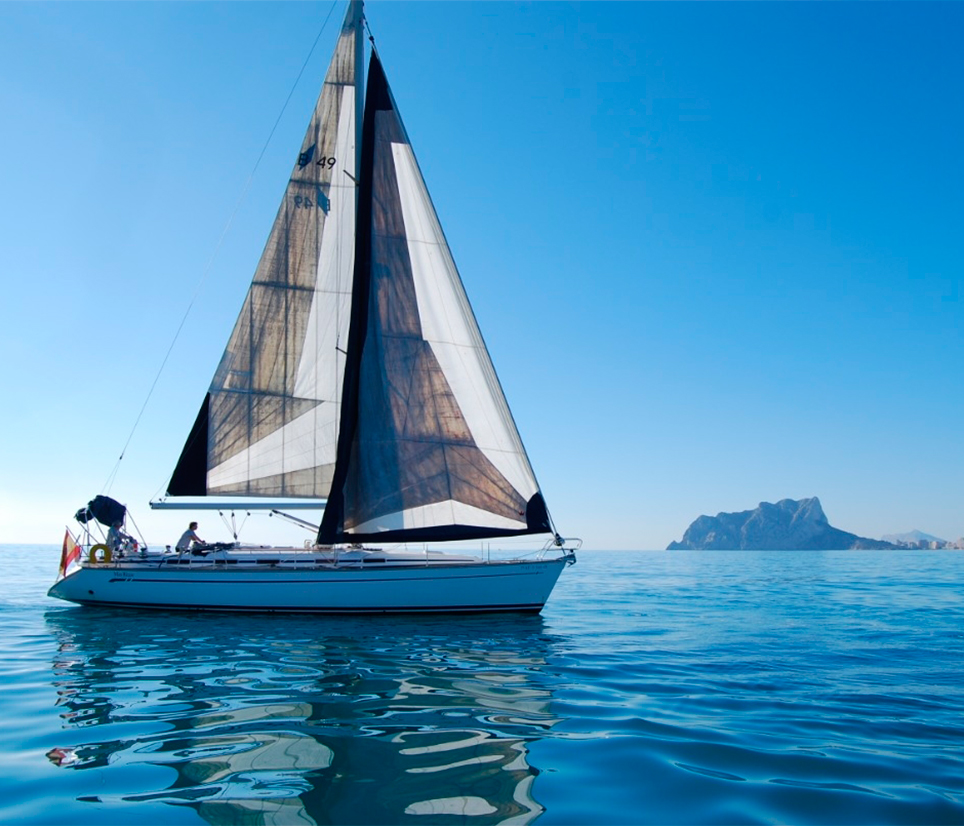THE CONTEXT.
Today the tourism industry is one of the most relevant engines of the economy of many countries, including Spain, in which this sector represents approximately 14% of its gross domestic product.
The tourist vacation rental is framed within the category of extra-hotel accommodation that includes vacation villas, tourist apartments, rural houses and campsites.
Only in the Valencian Community, the number of overnight stays in non-hotel accommodation in July 2020, reached the figure of 1,452,964 overnight stays, considering that the accumulated demand had fallen by more than 50.7% with respect to pre-Covid levels of 2019.
Within these macro-figures, the tourist vacation rental is a booming segment that increasingly offers not only the ordinary stay service, but also the provision of hotel and complementary services of the hotel industry.
Given that it is a sector with a lot of competition (especially foreign competition from neighboring countries, such as Greece and Turkey), economic agents diversify their offer and complement it with ad hoc services according to the segment of clients they host or to whom they are directed. .
In this article we are going to highlight what services or experiences are offered by the hosts of villas dedicated to vacation rental and their tax treatment, from the point of view of a resident and non-tax resident.





